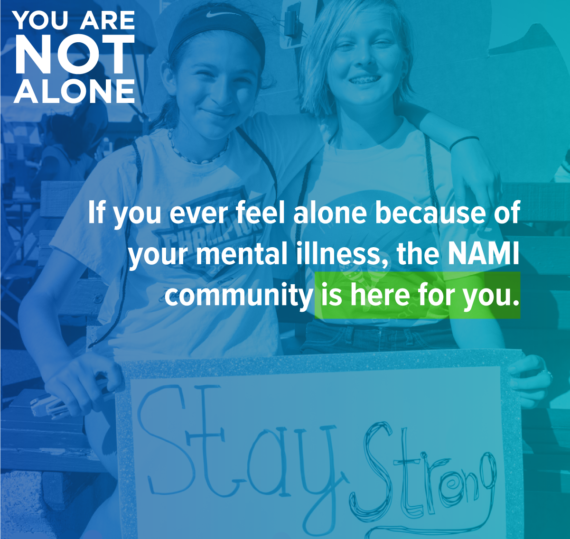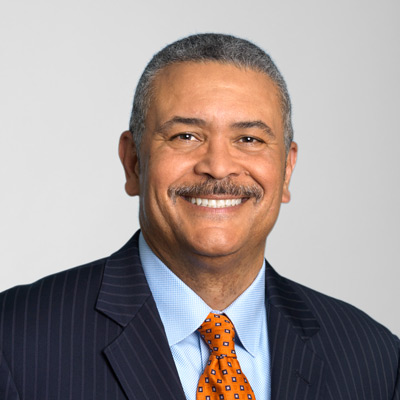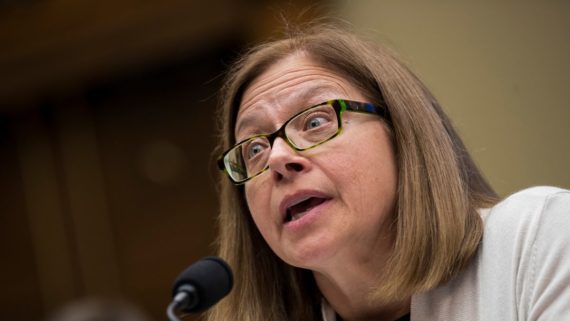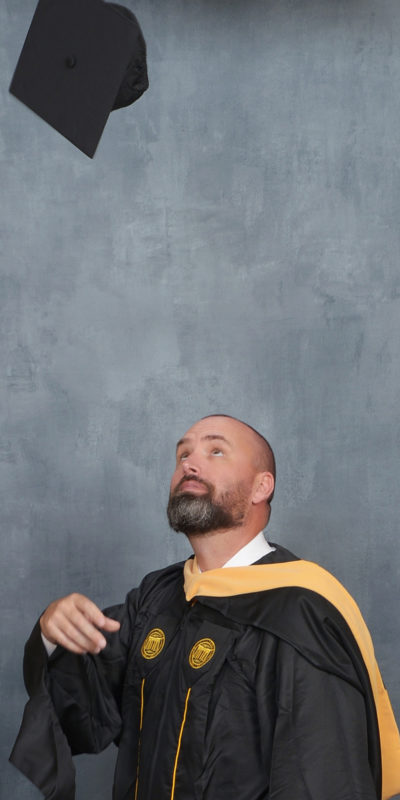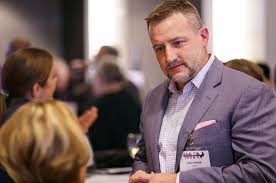
(1-1-21) John Snook is resigning as executive director at the Treatment Advocacy Center after six years overseeing its operations, the non-profit announced today. He has accepted a job as Director of Government Relations and Strategic Initiatives at the National Association for Behavioral Healthcare, a Washington DC-based association that represents America’s largest psychiatric hospital chains.
His departure creates openings at the helms of two major mental health non-profits. Mental Health America’s President and CEO Paul Gionfriddo announced earlier this month that he is retiring in the new year. MHA is the oldest mental health advocacy group founded by former mental patients.
TAC was founded in 1988 by Dr. E. Fuller Torrey to advocate “for the elimination of barriers to effective treatment for individuals with severe mental illness.” Its focus has always been on serious mental illnesses. One of its core missions is to advocate for greater use of Assisted Outpatient Treatment. It also has pushed for more inpatient crisis care beds. TAC’s current Director of Advocacy, Lisa Dailey, will serve as TAC’s acting director until its board selects a successor.
I was told that John is leaving on good terms for career advancement. NABH is about twice the size of TAC in gross revenues. NABH members include more than 800 specialty psychiatric hospitals, general hospital psychiatric and addiction treatment units, residential treatment centers, youth services organizations, and other providers of care.
